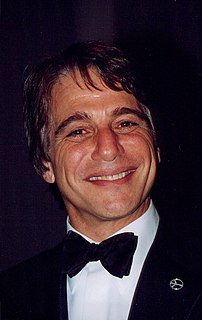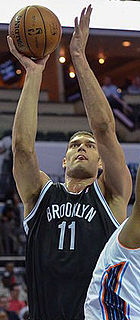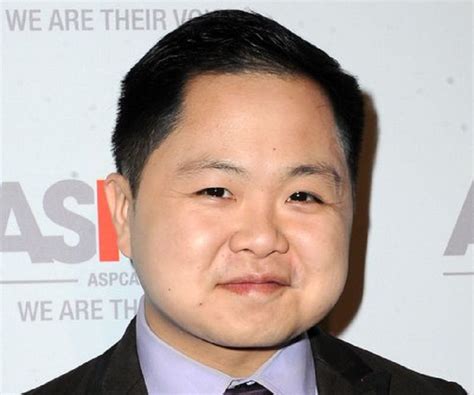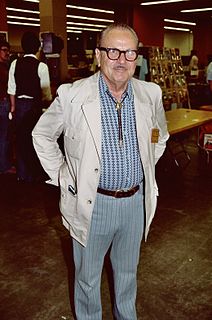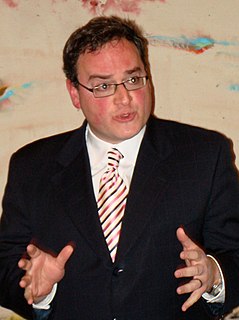A Quote by Tony Danza
There was a time when watching a cartoon was a nurturing experience. You would watch a Warner Bros. cartoon, and at the end of it you could probably win 'Jeopardy.'
Related Quotes
It's hard to describe to people how terrible it was when you could only watch cartoons at a certain time in your life. But no, I would watch all of them - the Warner Bros. cartoons and the Bugs Bunnys and then the Tex Avery stuff. Looking back on it, they were so incredibly subversive for their time. You'd think, "Oh, they're just making jokes and this or that." But when you watch them as an adult, you think, "Oh no, they were talking about some pretty deep stuff."
My father would sit and design furniture and cabinets - he was a carpenter and cabinet maker - and I would ask for my own piece of paper and pencil. And when I would say, 'What should I draw?' he would push a cartoon under my nose and say, 'Here, draw this.' So the cartoon became a kind of focus of attention.
